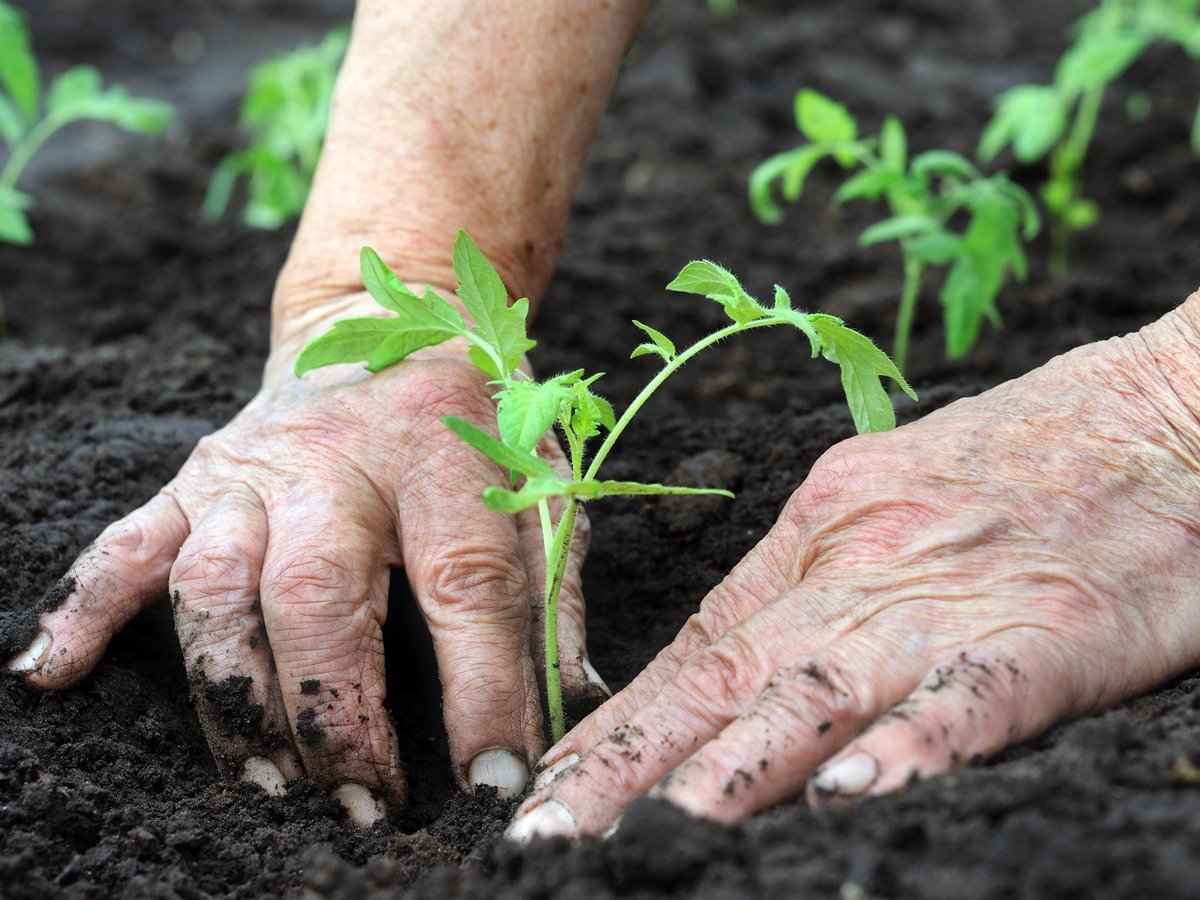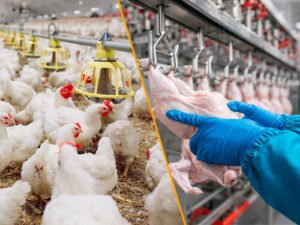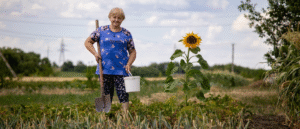Wednesday, 21 January 2026
European Council endorses new regulations for organic farming
Once adopted, the new rules will enter into force in January 2021 and will also apply to non-EU farmers who export their organic products to the EU market The European…

Once adopted, the new rules will enter into force in January 2021 and will also apply to non-EU farmers who export their organic products to the EU market
The European Council (EC) has agreed a new set of rules on organic food production as it aims to offer consumers the same quality ingredients across the continent.
Once adopted, the new rules will enter into force in January 2021 and will also apply to non-EU farmers who export their organic products to the EU market.
The council said, “Currently there is a situation where different standards may apply to producers within the same country when there is no equivalence arrangement with the EU just because certification bodies set their own standards.”
Conformity to the EU single set of rules will replace the principle of equivalence. It is said to bring important improvements in relation to trade, the main one being that there will be now a level playing field between operators from the EU and from non-EU countries.
The scope of the rules has been extended to cover a range of new products such as salt, cork and essential oils. It will also be possible in the future to add new products to respond to the development of the sector and to consumers’ demands, providing additional opportunities for producers.
The EC said, “Regulation brings simplification for farmers. For example, small farmers will be able to choose group certification which will reduce their certification costs and make it easier for them to join the organic scheme.”
Welcoming the step towards the final adoption of the regulation, commissioner for agriculture Phil Hogan said: “Today’s decision of the council is another milestone for the organic sector, which ensures that this important and rapidly growing sector can continue to expand with clear rules and can be assured of being on an equal footing with producers from non-EU countries who export their organic produce into the EU.”
“What everyone agreed on was that the current rules – which are 20 years old now – were not fit for purpose and were likely to hinder rather than help the development of this growing sector which is worth around €27 billion, and has grown by 125% over the last decade. We must support this growth by ensuring that the sector operates with appropriate legislation.”
Technology
TAGAT Foodtech launches integrated digital ecosystem for animal protein supply chain
Jan 20, 2026 | Company News
Bolton opens Bolton Food Research & Innovation Center to advance innovation in seafood sector
Jan 20, 2026 | Company News
FAO sets out three-year emergency and early recovery plan for Ukraine’s agrifood sector
Jan 19, 2026 | Europe
Food Testing
NSF launches retail food safety audit program in ASEAN and Australia
Jan 19, 2026 | Australia
Bringing PFAS testing to the point of need
Jan 16, 2026 | Australia
IMCD opens a Food & Nutrition Laboratory in Cologne
Jan 08, 2026 | Company News
More Popular
CIMG’s Huo Mao Baijiu recognised for medicinal food homology innovation
Jan 21, 2026 | Awards
Whirlwined introduces non-alcoholic, hemp-derived Delta-9 THC-infused wine
Jan 21, 2026 | Beverages
Top Wealth Group to acquire Airentity International in $125 Mn wine trading deal
Jan 21, 2026 | Beverages






